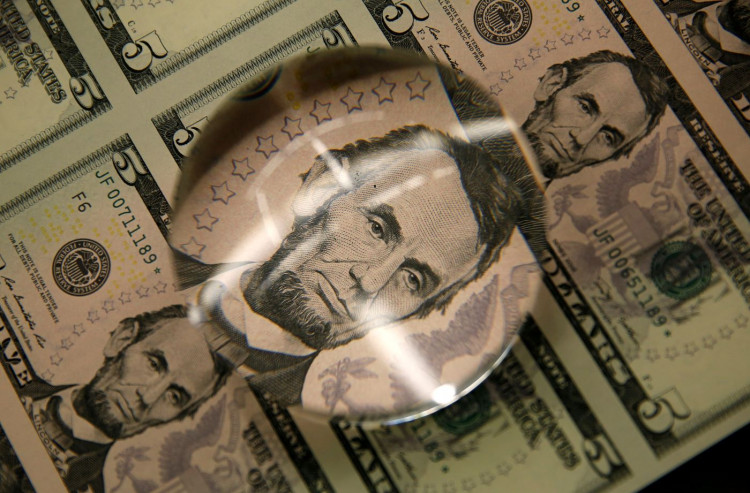In a recent address at the "Climate, Currency, and Central Banking" conference held in the Bahamas, Federal Reserve Governor Christopher Waller offered an optimistic perspective on the future of decentralized finance (DeFi) and its potential to bolster the global dominance of the U.S. dollar.
Amidst ongoing debates about the disruptive nature of digital currencies, Waller's comments underscore a notable shift in the landscape of financial transactions, particularly within the realm of DeFi trading.
Waller highlighted the significant role stablecoins-digital currencies pegged to traditional assets like the U.S. dollar-are playing in the DeFi ecosystem. He pointed out that the vast majority of stablecoin transactions are anchored to the dollar, thereby reinforcing its stature even within the digital currency space.
"Around 99 percent of the stablecoin market's capitalization is linked to the U.S. dollar, meaning that crypto-assets are de facto traded in U.S. dollars," Waller stated, emphasizing the inherent connection between DeFi activities and the U.S. currency.
This relationship between stablecoins and the U.S. dollar is crucial, particularly at a time when the rise of cryptocurrencies like Bitcoin has fueled speculation about potential challengers to the dollar's reserve currency status. However, Waller argued that the prevalence of dollar-pegged stablecoins in DeFi trading not only mitigates these concerns but might, in fact, "simply strengthen the dominant role of the dollar" in the global financial system.
Waller's remarks at the conference, which was sponsored by the Global Interdependence Center and the University of the Bahamas in Nassau, reflect a continuity in his views regarding the intersection of digital finance and traditional monetary systems.
Echoing sentiments he expressed at the Swiss National Bank SNB-CIF Conference on Cryptoassets and Financial Innovation in Zurich in mid-2022, Waller reiterated the adaptability of DeFi traders to the "dynamics" of a new and burgeoning market. He suggested that the evolution of such markets is not unprecedented and that the innovative nature of crypto and DeFi platforms could be seen as a modern iteration of historically freewheeling markets.
Despite the optimism, the DeFi sector is not without its challenges. The stability of stablecoins, which serve as a cornerstone for DeFi transactions by providing a digital equivalent of the dollar, has been a subject of scrutiny. Critics and analysts, including those from Moody's, have raised concerns about the promised stability of these digital assets.
In October, Moody's reported that stablecoins "have not always lived up to their promised stability," citing a lack of transparency in the reserves backing many stablecoins and the resultant divestment by some investors as key issues.
As the financial world continues to navigate the complexities of digital transformation, Waller's insights provide a valuable perspective on the potential for DeFi trading to not only coexist with traditional financial systems but to enhance the global standing of the U.S. dollar. The evolving dialogue around digital currencies, stablecoins, and DeFi platforms underscores the dynamic nature of global finance and the ongoing efforts to balance innovation with stability.




